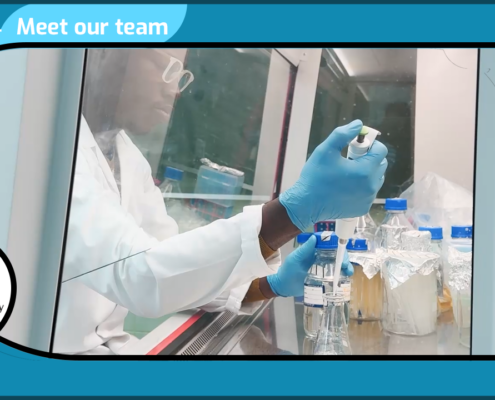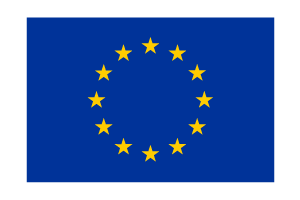Welcome to HELVA PROJECT
Hybrid ELectrosynthesis of Value-Added chemicals
At HELVA, we’re rethinking the way carbon-based materials, specially plastics, are produced. Traditional methods heavily depend on fossil fuels and energy-intensive processes, contributing to environmental degradation. We aim to introduce a novel alternative: a pioneering tandem approach utilizing CO2 as the carbon source for the creation of complex, non-petrochemical plastics powered by renewable electricity and microbial bio-upgrade.













 Project HELVA was selected in the Joint Transnational Call 2022 of M-ERA.NET 3, which is an EU-funded network of about 49 funding organisations (Horizon 2020 grant agreement No 958174). The project is funded by the Agencia Estatal de Investigación (AEI, Spain); National Science Centre (NCN, Poland); São Paulo Research Foundation (FAPESP, Brazil).
Project HELVA was selected in the Joint Transnational Call 2022 of M-ERA.NET 3, which is an EU-funded network of about 49 funding organisations (Horizon 2020 grant agreement No 958174). The project is funded by the Agencia Estatal de Investigación (AEI, Spain); National Science Centre (NCN, Poland); São Paulo Research Foundation (FAPESP, Brazil).